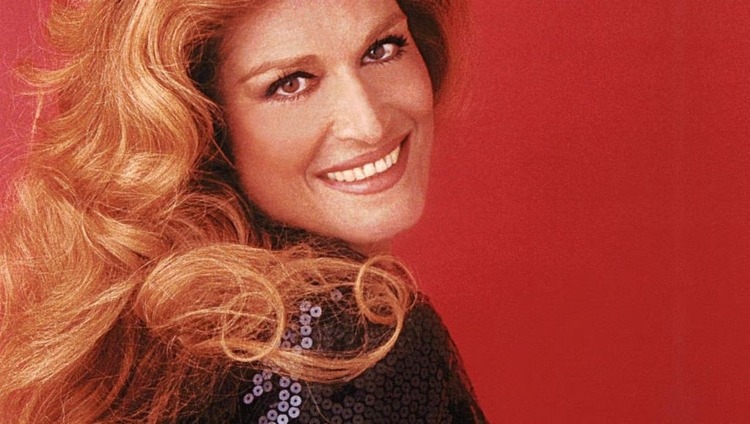For eons, the Arab world has been known for musical legends who have surpassed expectations and changed the music scene. Um Kalthum magnetized thousands of listeners for hours on end with heart-wrenching ballads while Abdel Halim Hafiz wooed millions with his delectable voice. Among all, that talent rose a fiery presence, one of a rare cultural mix that shook the world for three entire decades. Her name was Dalida, a name that is impossible to forget, one that represents a star who was so many things at once: charisma, beauty, and flair but also strength and vulnerability. For being the icon she was, we want to take a look back at the multifaceted star who lived a blended life of success and tragedy.
The Beginning
The story begins back in 1933 in the bustling neighborhood of Cairo’s Shobra. That was the year when Lolanda Cristina Gigliotti was born and enjoyed a simple, quiet childhood with her father, Pietro Gigliotti who was a primo Violino at the Cairo Opera House and her mother, Giuseppina Gigliotti, a seamstress. Her younger brother Orlando recounted their time in Egypt with an air of sweet nostalgia, remembering how at that time Egypt was home to diverse cultures, languages and religions, a true melting pot. While speaking to Arab News, he recalled how the country held a special place in Dalida’s heart, ‘We had a beautiful childhood in Egypt. Dalida adored Egypt, she always remained faithful to it, and, moreover, after a few years, she began to sing in Arabic.’
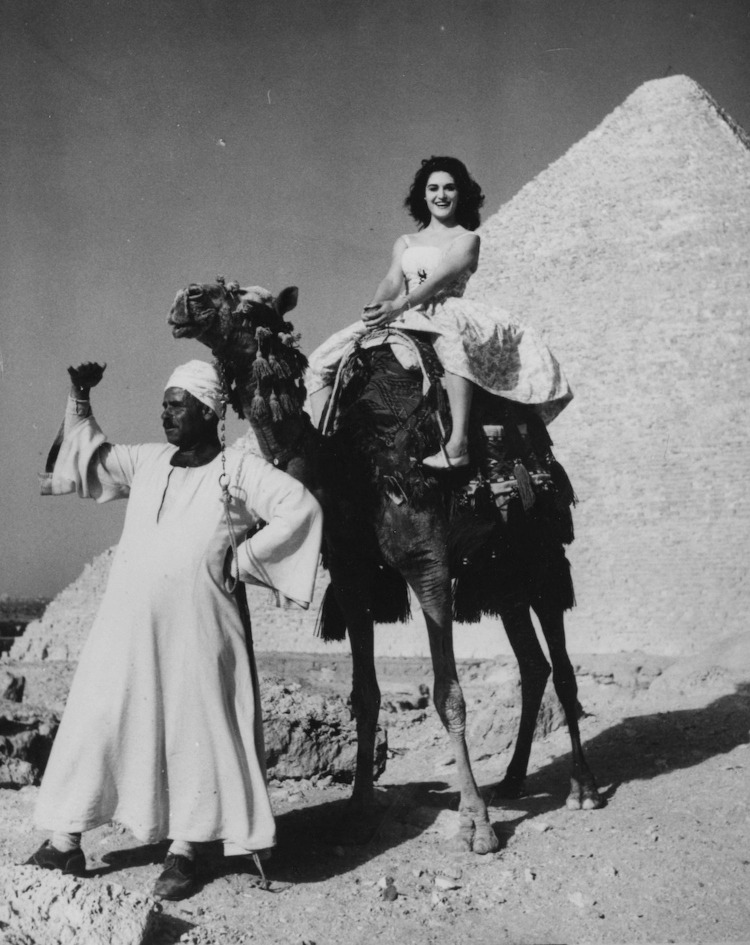
When it came to her later stardom, contrary to popular belief, Dalida didn’t launch her career through her musical prowess but took a different route entirely, that of the fashion world. Her tall and slender figure caught the eye of fashion moguls making her perfect for the runway. Her dazzling appearance didn’t go unnoticed and managed to propel her to the moment when she truly shot to fame, the day she was crowned Miss Egypt in 1954 caught the eye of French film director Marco de Gastyne.
This ushered in a new age for the star, one that was short-lived and brief but still significant as it led her to move to Paris in the winter of that same year to pursue an acting career with her first role In Gastyne’s 1955 film Le Masque de Toutankhamon. Re-christened as Dalida, acting did not prove fruitful for the star and she needed a way to make ends meet and that is when she began singing in cabarets along the Champs-Elysées as well as in a variety show at Bruno Coquatrix’s newly opened Olympia theatre.
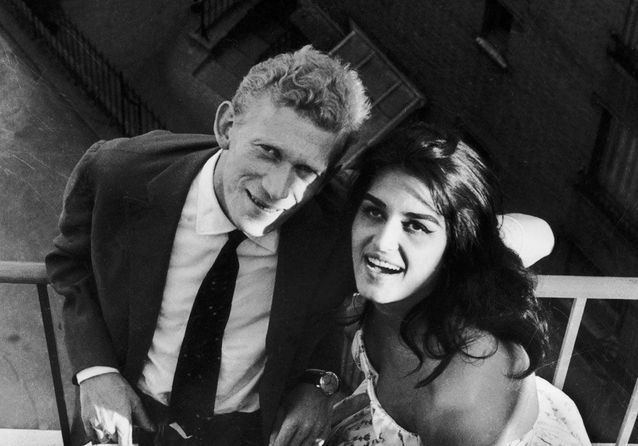
The place where she began her stardom was also where she met her future husband, Lucien Morisse and got her French citizenship. From there, she met Eddie Barclay, the French music producer who launched her singing career, helping her to get her 1956 single, Bambino out there; a song that defied expectations and was a smashing success staying for an entire 46 weeks in the top 10. Since then, her voice took over the entire world as the artist ruled and dominated the 60s and 70s.
The Multifaceted Artist
Dipping her toes into the world of music, Dalida started off by recording light pop tunes associated with the yé-yé movement, a style of pop music that emerged in Western-Southeren Europe during the 1960s. She released hit after hit including the popular “Itsi Bitsi Petit Bikini”, a spin-off version of Brian Hyland’s “Itsy Bitsy Teenie Weenie Yellow Polkadot Bikini.” Then came her diva phase during the 80s, a time when the artist was inspired by disco music and released one of her most infamous songs to date, the tragic ballad of “Mourir sur scène.”
Beyond the different styles and blends of music the artist shared with the world, she also showcased another unique facet of her musical prowess, her ability to belt it out in multiple languages. Bringing something new to the entire music scene, Dalida was able to delight the entire Arab community when she released not one but three songs in Arabic. These beloved timeless tunes have stood the test of time, still adored and enjoyed by today’s generation whether its her catchy tune “Salma Ya Salama” or the folkloric song “Helwa Ya Balady” that celebrates the uncanny beauty of Egypt.
All these songs have a lightness to them and a youthful spirit, yet many also showcase the artist’s vulnerability and sadness. The people in Dalida’s life would constantly describe her as someone who was charismatic and had the ability to brighten up any room she was in. At the same time, there was this dimly lit somber spirit that acted as a constant fixture in the artist. Many times, she would talk about one topic, that of motherhood and not having any children.
The Tragedies
A childless life was the fate that Dalida had to face during her journey as an artist. It all happened when she underwent a botched abortion during her 30s after getting pregnant from a romance she had with a student. From there, only tragedy followed, starting with the 1967 suicide of her husband, Italian singer Luigi Tenco. Followed by a string of suicides by the ones closest to her including her ex-husband Lucien Morisse who took his life in 1970; her friend, singer Mike Bryant in 1975 as well as her ex-lover Richard Chanfray, in 1983.
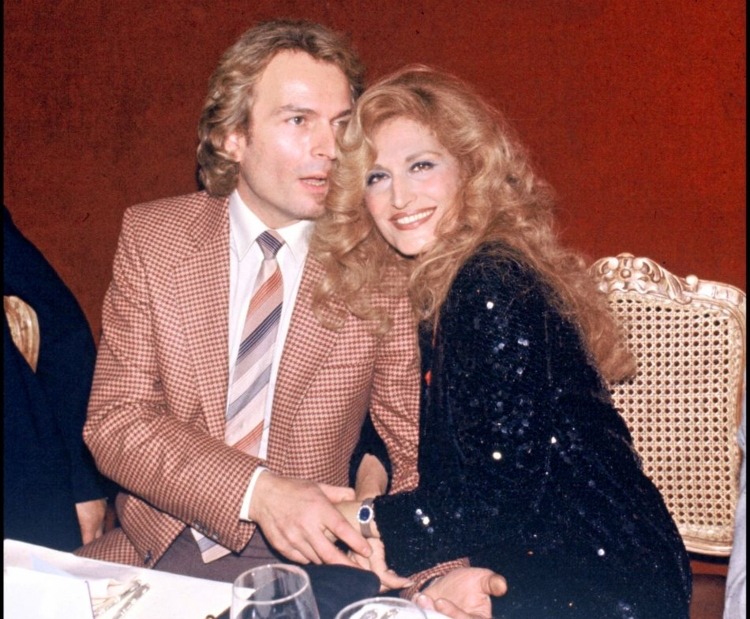
All these tragedies seeped the artist in a deep, hidden sadness, one that was articulated through her music. Her brother even gave us a more intimate glimpse into her depression during that time. Speaking to Arab News, he recalled how “She used to say, “I succeeded in my professional life, but in my personal life, I did not succeed.” That’s due to her giving everything to her job, to her audience. She wanted to be Dalida, so she became Dalida.” Her career took over her life and erased any traces of Lolanda Cristina Gigliotti, “This is the reason why she could not keep the men in her life, because after a while the men saw Dalida in front of them, not Lolanda.”
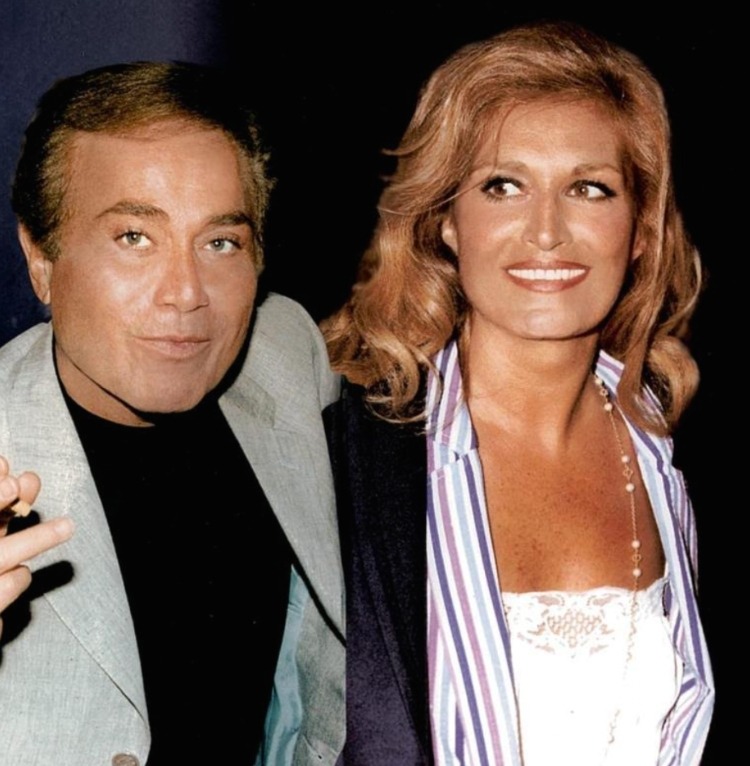
The artist herself took her own life in 1987, leaving the world with a simple note that reads “Life has become unbearable for me…forgive me.” Despite her tragic end, to this day, we continue to remember and love the legendary artist as she is still celebrated not just among her biggest fans but also among today’s biggest artists including Lebanese singers like Grace Deeb and Elissa who have covered her classic hit “Helwa Ya Balady.” Beyond that, she remains a powerful presence, one who intertwined strength and vulnerability in a way that continues to inspire people through the ages.


